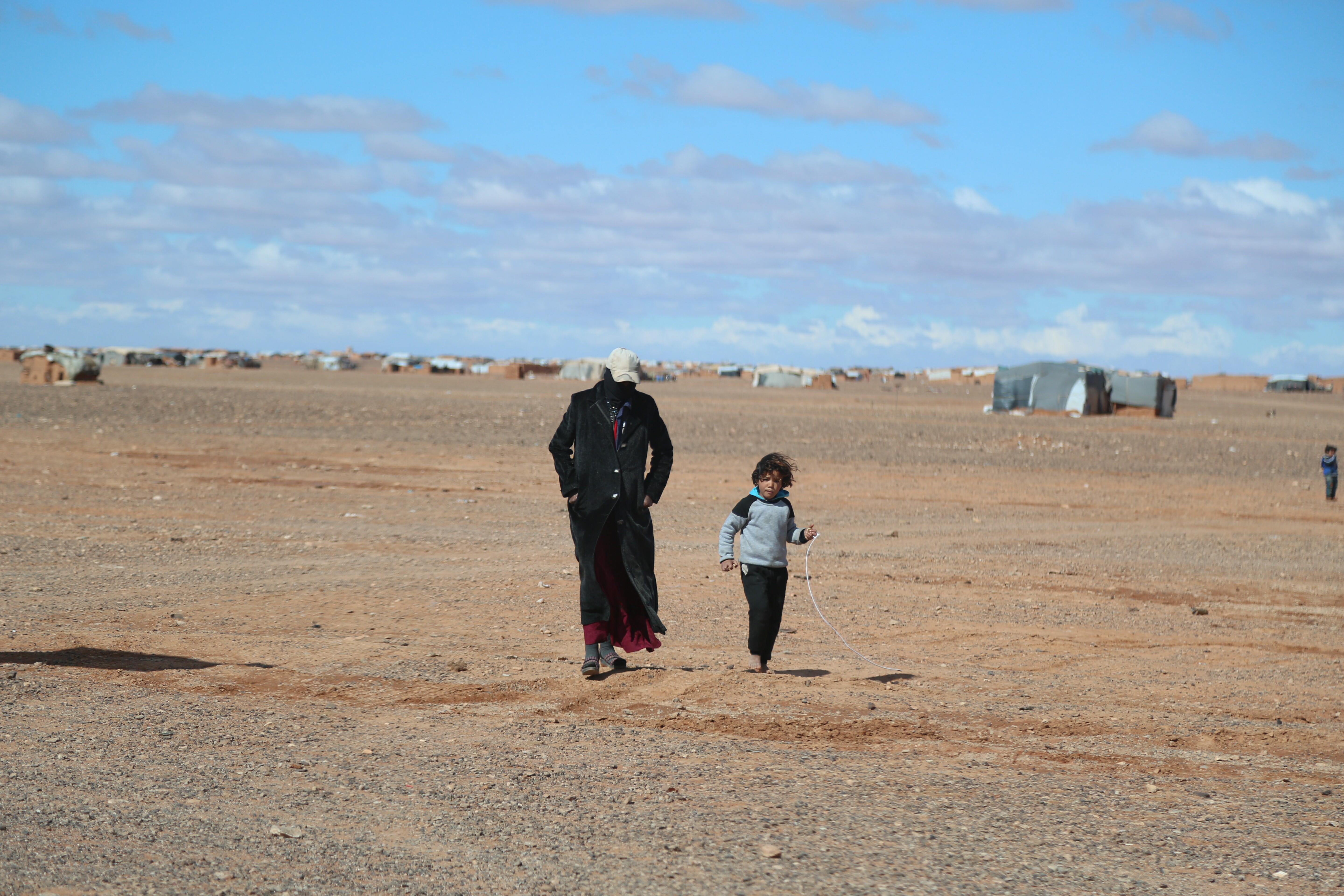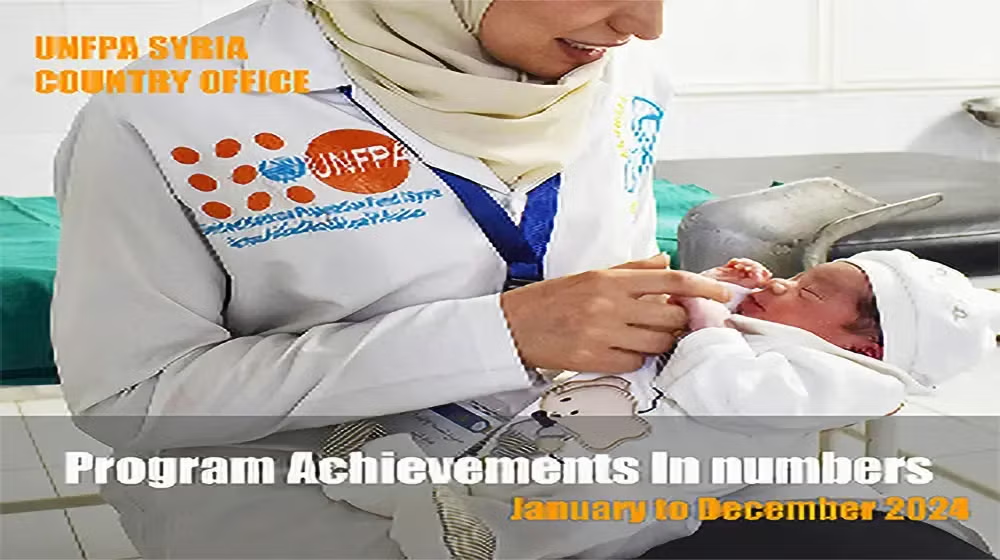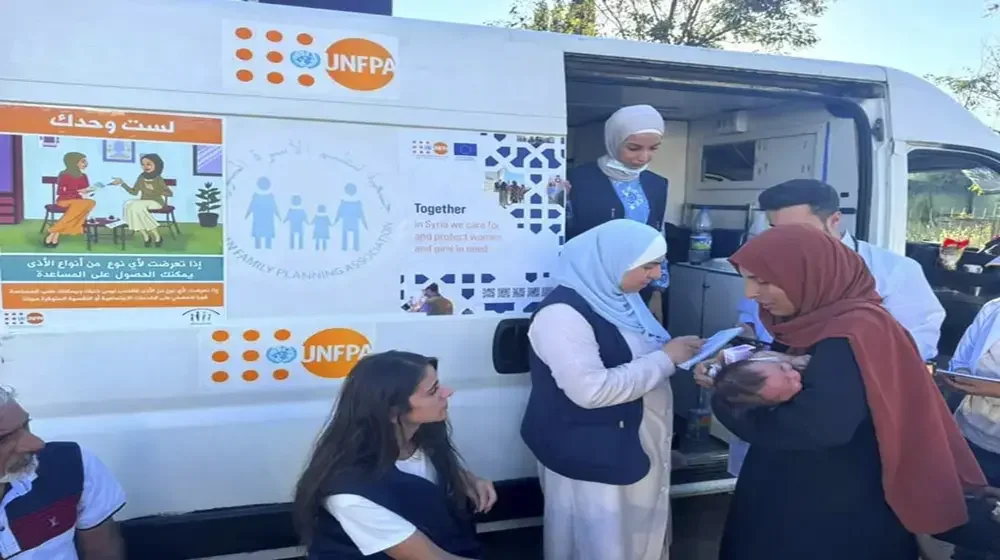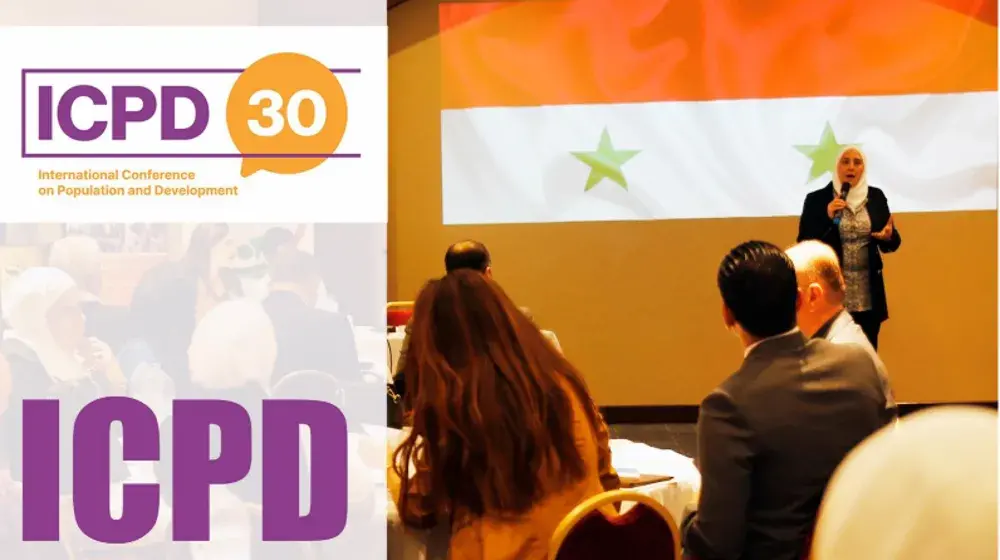United Nations |
|
Nations Unies |
الأمم المتحدة
Northeast Syria – As half a million people gradually regain access to safe water – the number of displaced people nears 180,000
DAMASCUS, 22 October 2019 – The military operation launched by Turkey on 9 October in Syria is having a significant humanitarian impact. Nearly two weeks after the start of the hostilities, over 176,000 people have been displaced, including nearly 80,000 children, and critical civilian infrastructure has been damaged. Apart from the Alouk water station, power lines have been damaged and at least four medical facilities are reported to be affected. Against this backdrop, humanitarian needs continue to grow.
The Alouk water station, which serves over 400,000 people in Al-Hassakeh city and the surrounding displacement camps, has been out of service for the past ten days. A Syrian Arab Red Crescent (SARC) team, together with experts from the Water and Electricity Directorates, led the effort of repair. Temporary repairs to the water station were made and generators are now being used to supply safe water for the population in the area. Around half of those affected now have access while the rest will gain access in coming hours and days. The team conducted two consecutive missions across active frontlines to repair the power line and restore the water supply. The missions were possible due to deconfliction efforts led by the United Nations with the Government of Turkey so the team could safely access the affected areas.
“I am grateful that our appeals for humanitarian access were successful and that the teams were able to restore water and avert a more serious humanitarian problem for residents in the area”, said Imran Riza, the UN Resident and Humanitarian Coordinator in Syria, upon his return to Damascus from the northeast.
“During my recent tour of the region, I met with newly displaced families in collective shelters as well as in the Areesha camps, some of whom - mainly women and children - have resided there for years, and others who had just arrived following recent events. I was struck by their heightened vulnerability. A number of families had been displaced multiple times from one place to another; many had arrived in the collective shelters with no personal belongings; and almost all had no safety nets to fall back on. While the UN and its partners have scaled up their assistance in response, far more needs to be done both in the short and long-term to support affected communities and protect them from further harm."
Despite security and access challenges, the UN and humanitarian partners are scaling up their life-saving assistance. Blanket food rations are underway to reach 580,000 people in Raqqa and Hasakeh governorates. Efforts to provide essential services such as health and water are ongoing. Preparations for the winter season are also underway. The main focus is on the most vulnerable including those already living in displacement camps as well as the newly displaced that are entirely reliant on humanitarian assistance for their survival.
“We are doing everything we can to assist those affected by the crisis. The United Nations and humanitarian actors remain committed to stay and deliver vital humanitarian assistance to people in need in northeast Syria. To do so, we need parties to the conflict to ensure a safe environment in order to be able to continue our life-saving work. We welcome any effort made to de-escalate the situation. Given the volatile situation on the ground, the UN continues to reiterate the need for all parties to ensure that civilians, civilian infrastructure and aid workers remain protected and that humanitarian actors have safe, sustained and unimpeded access to those in need”, added Riza.
There are some 3.0 million people in northeast Syria. Prior to the current escalation, 710,000 people were displaced and 1.8 million people were in need of humanitarian assistance.
For more information, please contact OCHA Syria or the Office of the RC/HC in Syria:
Hedinn Halldorsson, 00963 953 300 078, hedinn.halldorsson@un.org
Fadwa Baroud, 00963 996 666 134, fadwa.baroud@one.un.org






